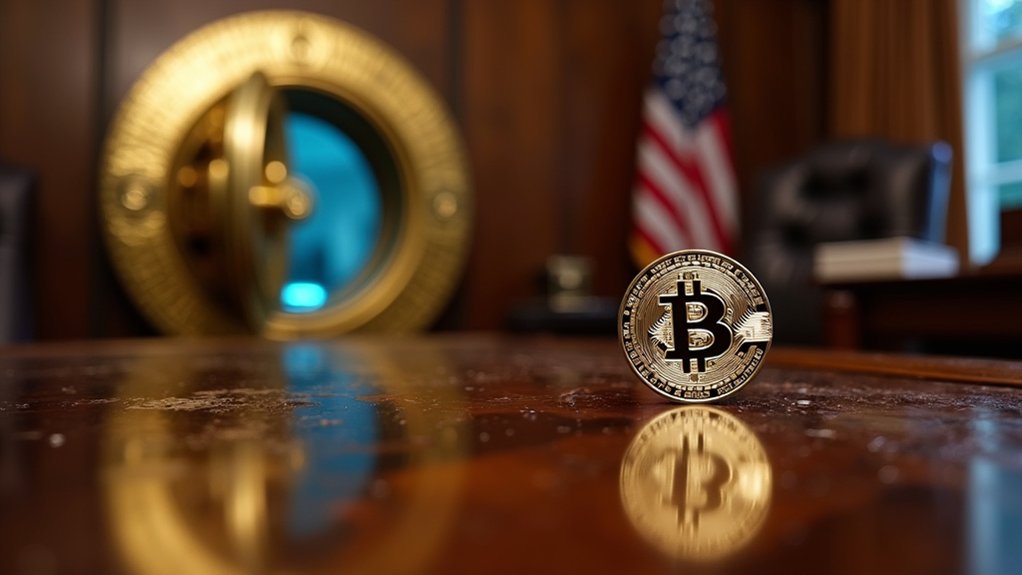Proponents argue that a government acquisition of 1 million bitcoin would serve multiple strategic purposes.
Such a holding could hedge against dollar devaluation, diversify national reserves beyond traditional assets, and position America at the forefront of financial innovation. The move would represent approximately 5% of all bitcoin that will ever exist.
Critics point to significant challenges that would accompany such an unprecedented step.
Bitcoin's extreme price volatility presents substantial financial risk to taxpayers. Such an acquisition could be considered similar to commodity reserves that governments maintain to stabilize markets and provide economic security. Many crypto enthusiasts hope this would increase prices substantially across the cryptocurrency market. Regulatory frameworks remain underdeveloped, and cybersecurity concerns arise with large-scale holdings. Congressional approval would likely be required for such a significant acquisition.
Acquiring bitcoin at national scale presents significant volatility risks, regulatory hurdles, and security challenges requiring Congressional oversight.
El Salvador's adoption of bitcoin as legal tender in 2021 offers a limited precedent, though on a much smaller scale than what a U.S. strategic reserve would entail.
Implementation would require secure cold storage solutions and a gradual accumulation strategy to avoid market disruptions. The immutability feature of Bitcoin would ensure that government reserves could not be altered or compromised once secured on the blockchain.
While the petroleum reserve provides 17 days of consumption security, a bitcoin strategic reserve would serve a different purpose—not emergency consumption, but financial resilience in an increasingly digital global economy.
The concept, though speculative, reflects the evolving nature of national security in the 21st century.




